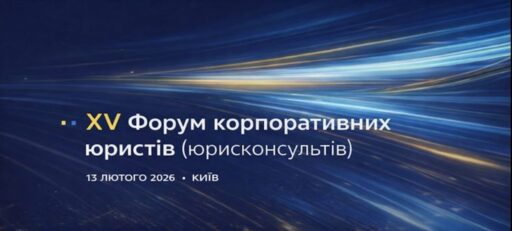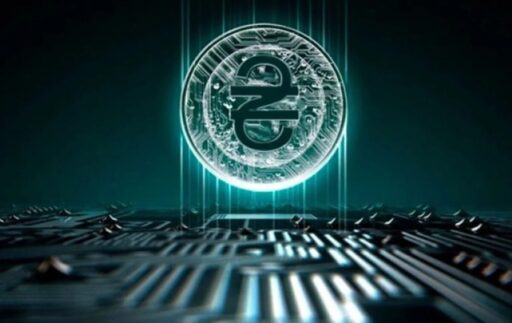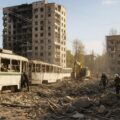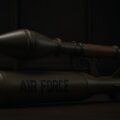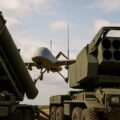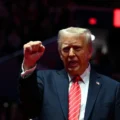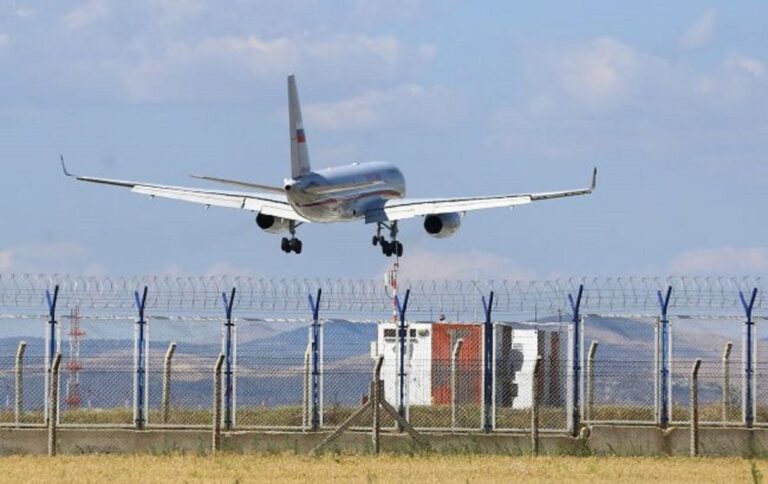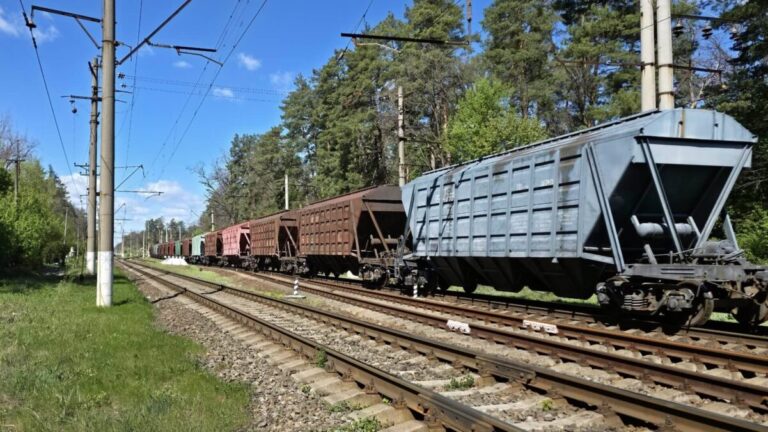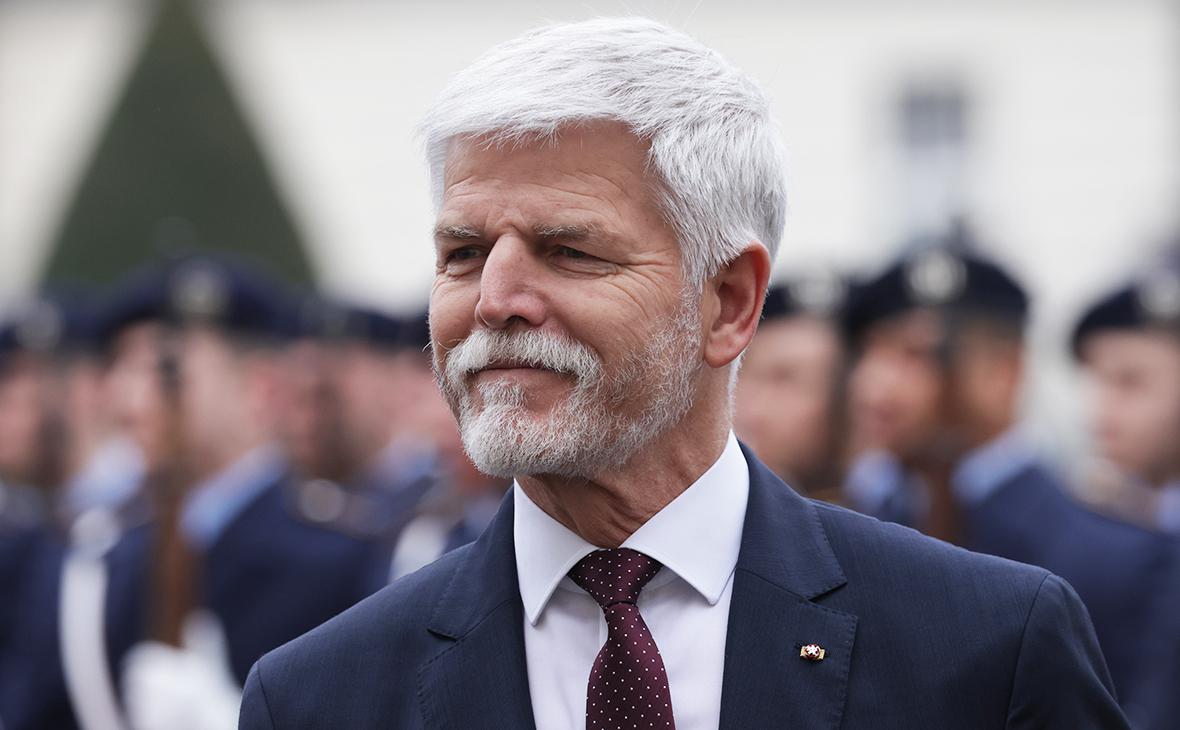
Czech position on the war in Ukraine: Petr Pavel’s realistic strategy and support for Kyiv
Against the backdrop of Russia’s war against Ukraine where calls for “inevitable victory” and “full liberation of all occupied territories” dominate the rhetoric voices of sober realism are growing louder in Europe. One of the most notable is Czech President Petr Pavel. Not only does he support Ukraine with both words and actions, he also helps shape a new, honest discussion about the true cost of war, the limits of what is possible, and the future of European security. This article offers key points, facts, and the reasoning behind Czech policy, which now shapes realistic scenarios for the coming months and years.
A General Becomes President: Pavel’s Background and the Czech Transformation
Petr Pavel became President of the Czech Republic in early 2023. His biography is not typical for a politician: he dedicated his life to the military, held top posts in NATO, and only in recent years entered high-level politics. His approach stands out for its directness and professionalism; as Pavel himself says, he draws on real experience of war and an understanding of the value of human life.
Since 2022, the Czech Republic has become one of Ukraine’s most consistent allies. Prague has not only delivered weapons and supported Kyiv on the international stage but has also given refuge to over 600,000 Ukrainian refugees (the third-highest figure in Europe, after Poland and Germany, according to Eurostat). For Prague, this war is a matter of principle: Ukraine’s security means security for all of Central Europe.
A Czech Approach to War: Support Without Illusions
Pavel has repeatedly stated that Ukraine deserves all forms of support, but that the West must not pressure Kyiv to liberate all occupied territories at the cost of mass casualties. “We do not want to destroy the Ukrainian people we want them to survive as an independent sovereign nation,” Pavel emphasized in a recent interview with the BBC.
He speaks plainly about the limits of military aid: allies are willing to provide weapons, technology, and funds, but not “manpower.” According to Pavel, Ukraine holds the line thanks to motivation, innovation, domestic production, and new tactics. Yet Russia’s mobilization potential remains far greater, setting the pace and boundaries of any counteroffensive.
In May 2023, as Ukraine prepared for its counteroffensive, Pavel warned the country’s leadership against rushing, fearing “horrific losses.” In 2025, his stance remains unchanged: the West’s goal is not a political show of force, but the preservation of life and stability.
Czechia: An Ally with Strategy, Not Just Weapons
Over the past two years, Prague has not just offered moral support. The Czech Republic launched a major artillery program this year, 1.8 million shells are set to be delivered, compared to over 1.5 million last year. With these decisions, Czechia helps even the odds: in 2022, Ukrainian troops received ten times fewer shells than Russia, but now the ratio is approaching parity.
Czechia has also approved a program to train Ukrainian pilots: eight military personnel will undergo training at the state-owned LOM Praha company. The government will cover all expenses from simulators to medical checks giving Kyiv a real chance to prepare its own instructors for the future air coalition. These decisions are systematic, made at the government and defense ministry levels, and are part of long-term support.
Post List
Diplomacy Without Self-Deception: Pavel’s Message
The prospects for negotiations and ending the war are a separate issue. Pavel does not shy away from naming things as they are: at present, the chances of quickly liberating all Ukrainian territories by force are low, and this must be admitted honestly, rather than pushing Ukraine toward self-destructive decisions. The Czech president emphasizes that if the price of survival is temporarily losing control over some territories (without recognizing them as Russian under international law), this may be a compromise not ideal, but acceptable for the sake of the future.
At the same time, Pavel categorically rejects a scenario of “peace at any price” or capitulation. Every attempt to pressure Kyiv through politics or the media only plays into Russia’s hands, weakens the West, and demoralizes Ukrainian society. The Czech position is not to recognize any occupied territory as Russian and to consistently support Ukraine’s sovereignty.
Economic Pressure as a Strategic Tool
According to Pavel, more effective than armies are economic and financial pressure. Czechia calls on its allies to strengthen sanctions on Russia, reminding them that economic fatigue will eventually force Moscow to seek compromise. The president insists that Europe must maintain unity on sanctions and be directly involved in peace negotiations refusing to let the Kremlin monopolize dialogue through exclusive contacts with the United States or other leaders.
Pavel reminds the world: victory in modern warfare does not always look like a “triumphant enemy surrender,” but may be a series of compromises and a gradual restoration of control through politics, diplomacy, and Ukraine’s integration into the EU and NATO.
Russian Influence and Lessons for Europe
Czechia knows the price of hybrid warfare. In recent years, Prague has regularly faced cyberattacks, disinformation campaigns, attempts to bribe politicians, and even acts of sabotage by Russia. Pavel states plainly: “We are obliged to defend our society.” Restrictions for Russian citizens, scrutiny of companies with Russian ties, and strengthened intelligence agencies are not political populism, but a response to real threats facing not only Czechia but all of Europe.
The Czech Model of Honest Solidarity
The stance of Czechia and Petr Pavel is an example of how a country can remain a steadfast ally of Ukraine without illusions, but with a real strategic vision. When war drags on, it’s important not just to maintain morale, but to make difficult decisions for the sake of the future. Pavel calls for responsible diplomacy, genuine European unity, and honest dialogue about the balance between principles and reality that every victory requires.
Czechia remains a partner that supports without imposing and this may become a new model of cooperation for the entire Western community in confronting Russian aggression.
Glossary
Czech artillery initiative – an international project to purchase ammunition for the Ukrainian Armed Forces, delivering over 1.8 million shells in 2024-2025.
LOM Praha – a state-owned Czech aviation company that trains military pilots, including Ukrainians.
Hybrid warfare – actions combining military force, cyberattacks, disinformation, and interference in the internal affairs of other states.
Diplomatic compromise – an agreement in which neither side achieves everything it wants, but both avoid the most destructive outcomes.


